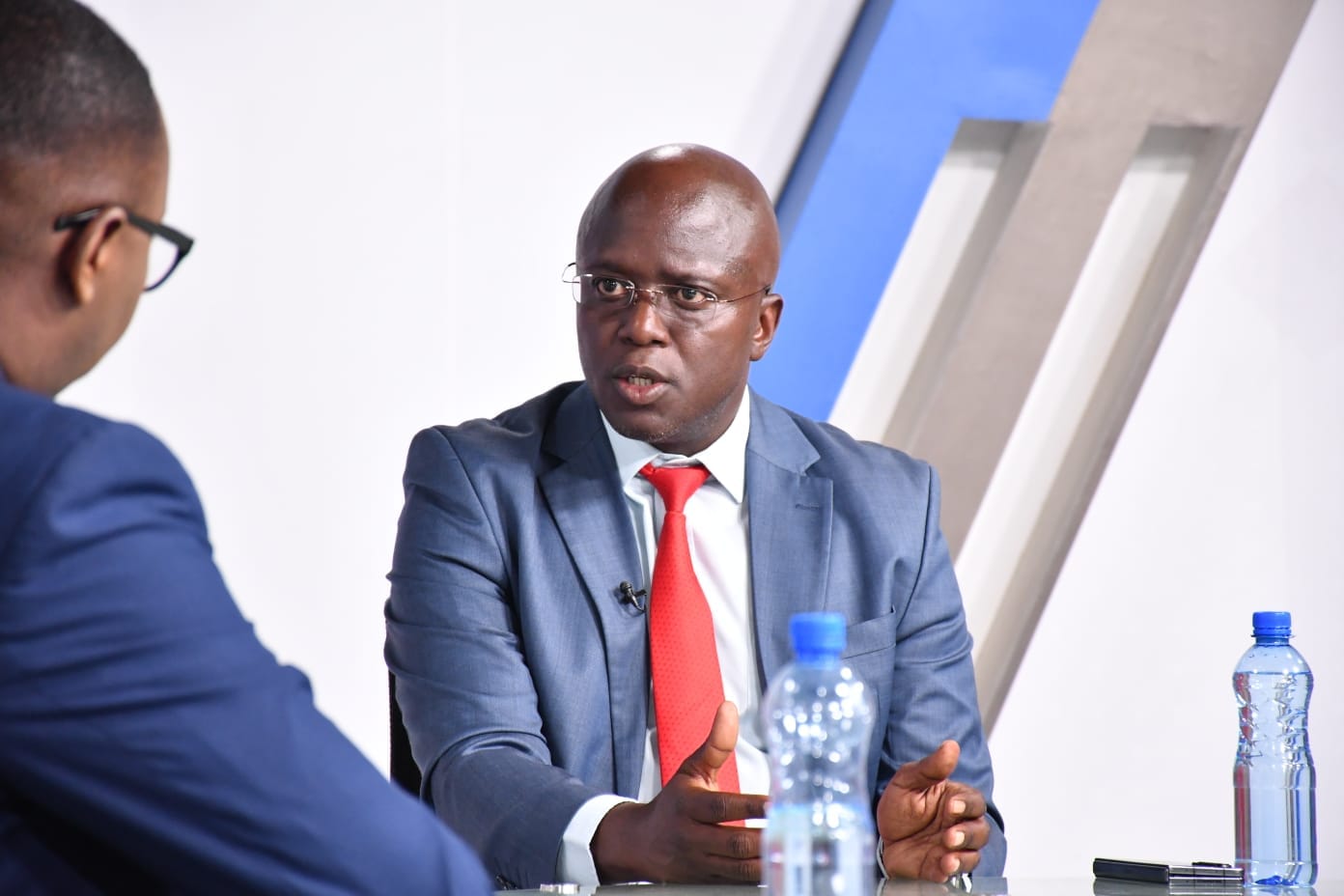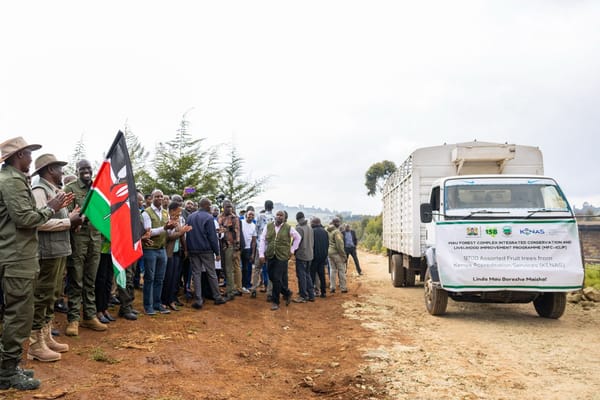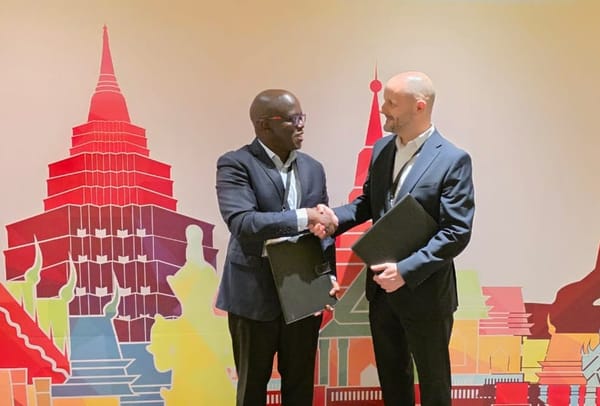Inside KENAS: The Silent Engine Behind Kenya’s Quality and Global Competitiveness

In a compelling appearance on Inside Government on KBC, Dr. Walter Ongeti, CEO of the Kenya Accreditation Service (KENAS), emphasized the transformative power of accreditation in building trust, ensuring public safety, and driving Kenya’s economic growth under the Bottom-Up Economic Transformation Agenda (BETA).
Dr. Ongeti highlighted that KENAS now operates across more than six key sectors of the economy, offering accreditation services that touch nearly every area critical to national development—from public health and environmental protection, to construction, food safety, energy, and trade.

Accreditation: The Backbone of Quality and Compliance
At the core of KENAS’s mandate is the accreditation of Conformity Assessment Bodies (CABs)—entities that provide testing, inspection, calibration, and certification services. Accreditation assures that these bodies are competent, impartial, and meet international standards, thus building public trust and enabling fair trade.
“In the construction industry, for example,” Dr. Ongeti explained, “entities that sell construction materials must ensure their products undergo material testing. Lift inspections, structural evaluations, and safety assessments all rely on accredited bodies. This ensures safety, supports regulatory oversight, and aligns with the country’s industrialisation ambitions.”
Global Recognition, Local Impact
The CEO proudly identified KENAS’s greatest milestone to date: its Mutual Recognition Agreements (MRAs) and Multilateral Recognition Arrangements (MLAs) with ILAC (International Laboratory Accreditation Cooperation), IAF (International Accreditation Forum), and AFRAC (African Accreditation Cooperation).
“This global recognition means that once KENAS accredits a lab or certification body, their certificates are accepted worldwide. It removes technical barriers to trade and opens international markets to Kenyan goods and services,” he stated.
To date, KENAS has accredited 286 CABs—spanning inspection, testing, calibration, medical, and certification services—not only in Kenya but also in over 12 countries.

Taking Accreditation to the Grassroots
Looking forward, Dr. Ongeti stressed the agency’s commitment to decentralizing accreditation, engaging stakeholders from the grassroots to the global level.
“We intend to collaborate more closely with regulators, county governments, and the private sector to raise awareness and enhance uptake of accreditation, especially under the new amendments to our legal framework. We want accreditation to operate from the very local level to the international stage.”
This outreach will include public sensitization forums to help demystify accreditation, promote compliance, and build a stronger National Quality Infrastructure (NQI).
Accreditation Supports Regulation and Consumer Protection
KENAS also works closely with other regulatory agencies, such as WASREB (Water Services Regulatory Board). When WASREB licenses water service providers (WSPs), KENAS will ensure that the laboratories conducting water quality tests are competent to deliver reliable results.
“When we talk about safe, clean water, we must also ask—how are we verifying that the water meets safety standards? That’s where KENAS-accredited labs come in. We enhance consumer protection by ensuring quality at the point of testing,” Dr. Ongeti said.
Call to Action: Accreditation for All CABs
As KENAS continues to grow its footprint, its message is clear: any entity involved in conformity assessment should pursue accreditation. Whether testing food, inspecting buildings, or certifying medical equipment, accreditation guarantees competence and strengthens public trust.
“Accreditation supports public health, environmental safety, and economic resilience. It’s not just a badge—it’s a commitment to excellence, accountability, and global competitiveness.”
In Summary
Dr. Ongeti’s interview on Inside Government spotlighted accreditation not as a background process, but as a strategic pillar for national development. Through its globally recognized systems, KENAS is ensuring that Kenya’s services and products meet international standards, reinforcing investor confidence, regulatory compliance, and sustainable growth.
“Accredited once, accepted everywhere,” he concluded, “and when we strengthen quality, we strengthen Kenya.”



